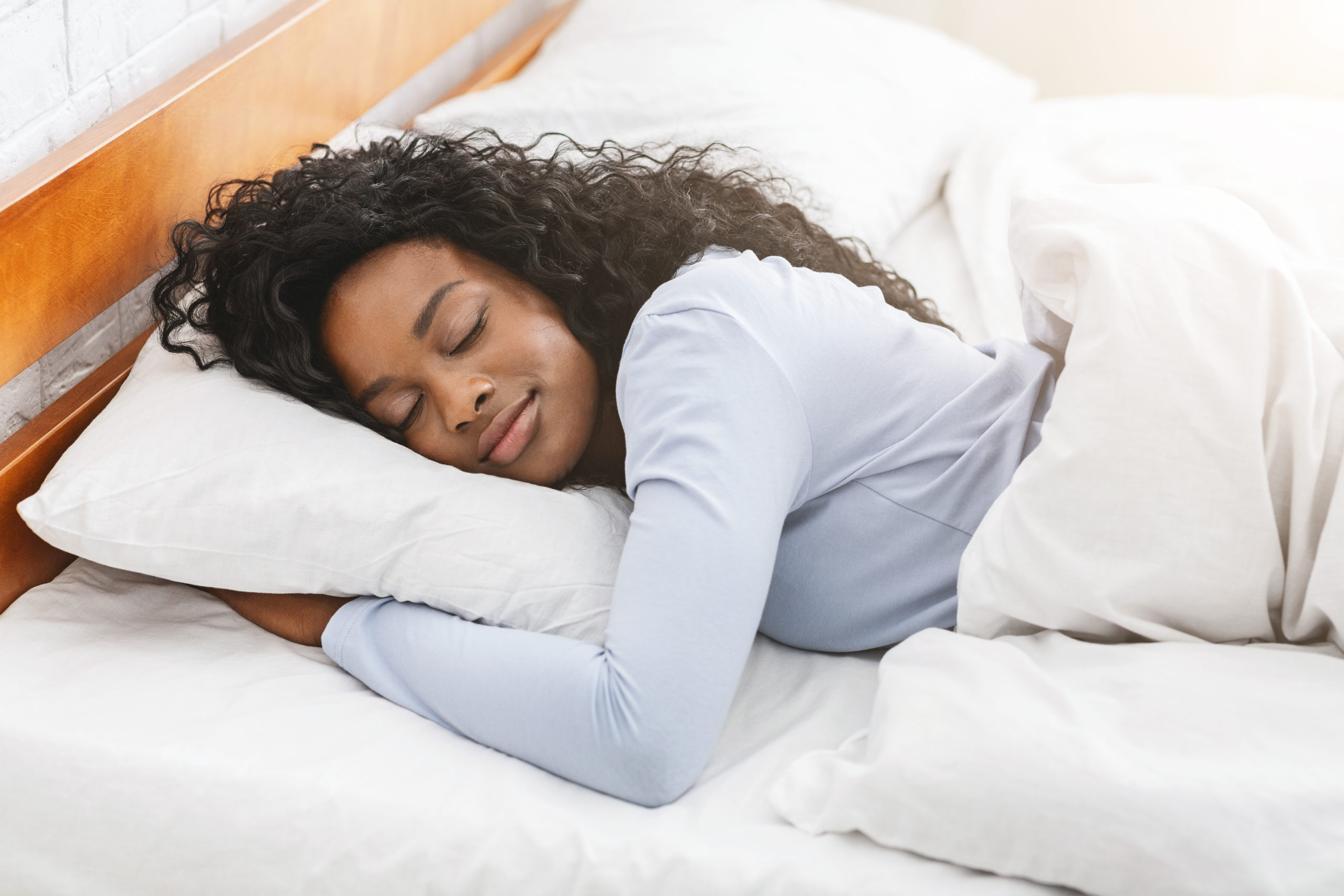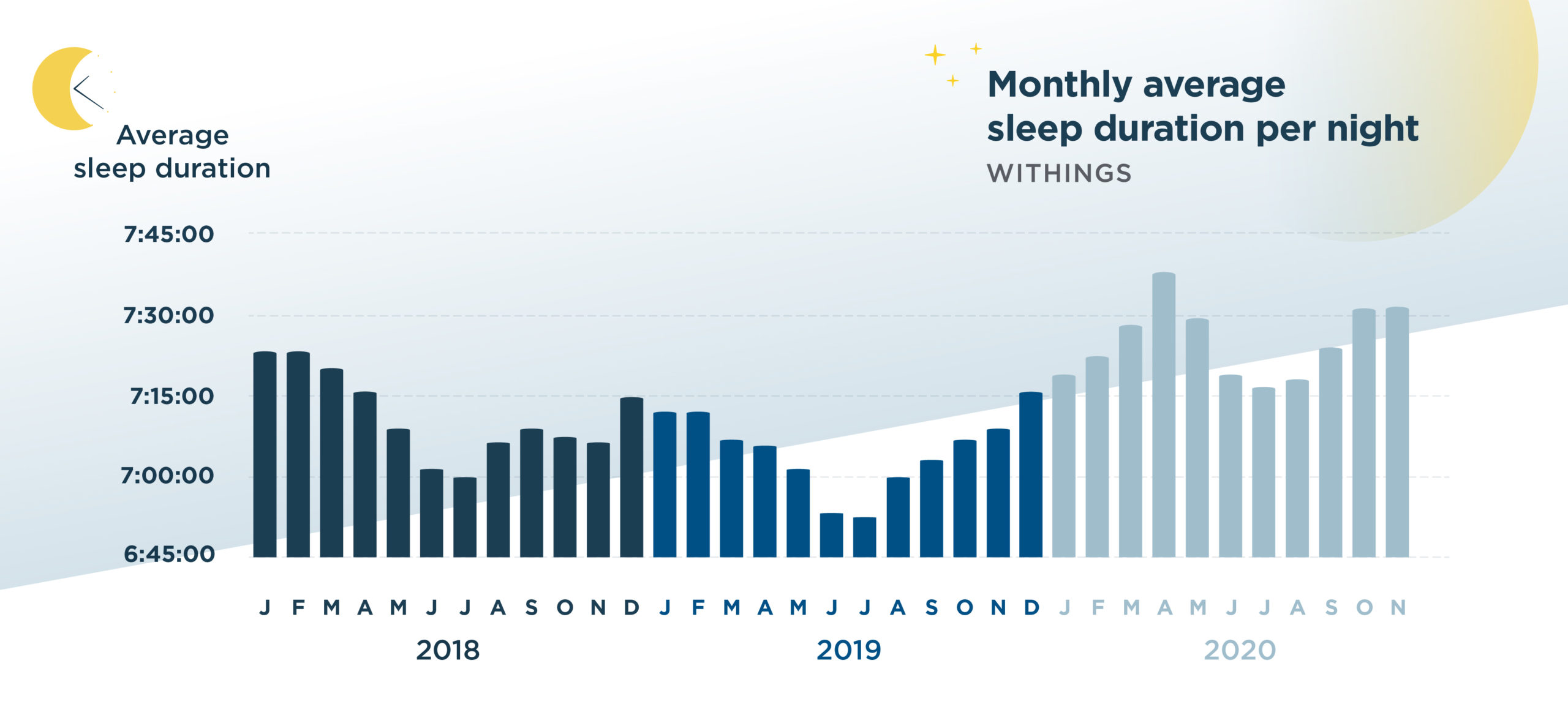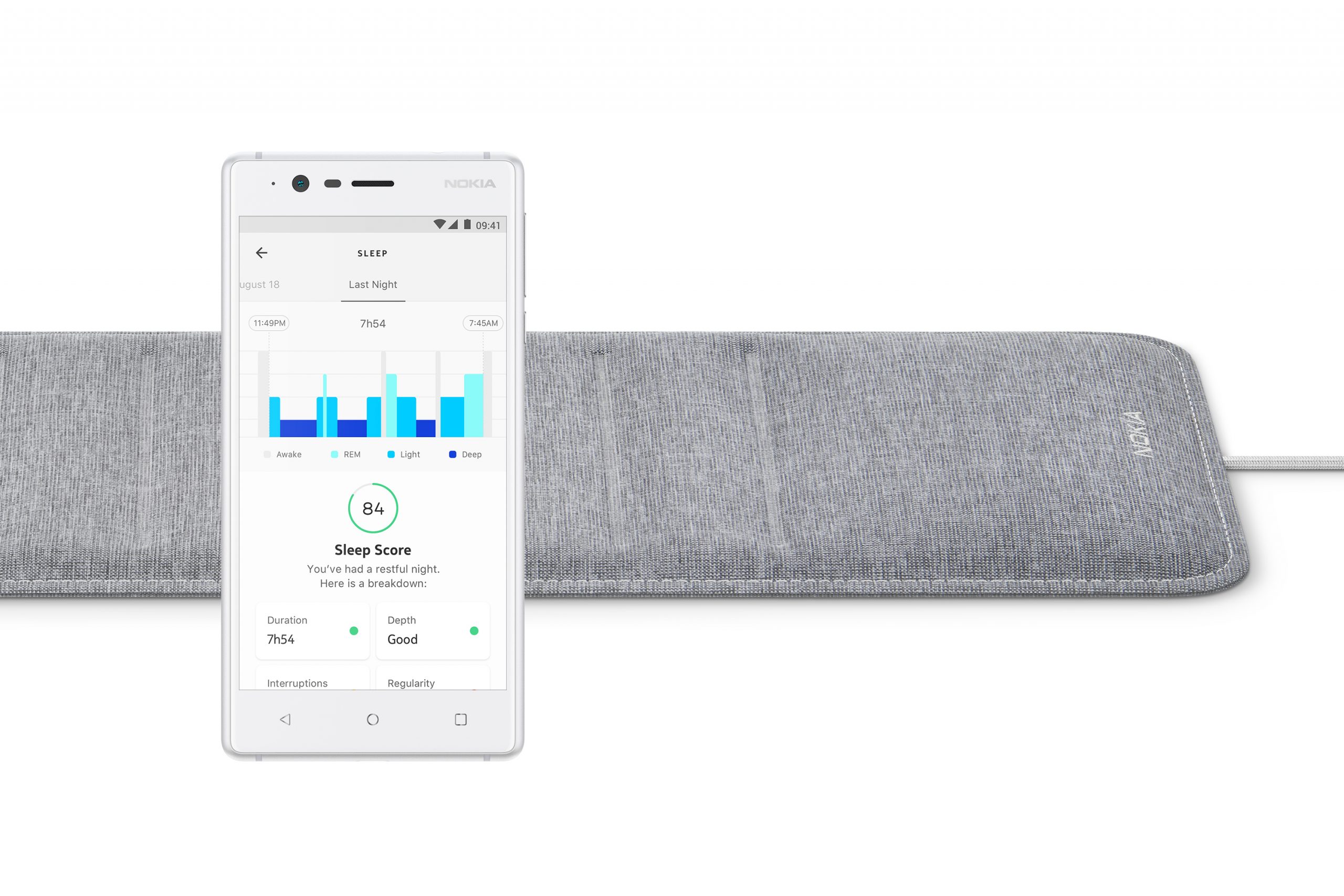
Do the hours of sleep before midnight count double? Does alcohol help you sleep? Professor Escourrou, a doctor specializing in sleep, sheds some light on our nights.
Myth #1 — It’s possible to make up for lack of sleep at the weekend
FALSE
Bad news but many studies show that it is not possible to catch up on sleep. On the contrary, radically changing the hours of wakefulness and sleep can disrupt our body’s biological clock and lead to long-term sleep problems.
Myth #2 — Sleep before midnight counts double
FALSE
Wouldn’t that be nice? Even if the hours of sleep before midnight do not double, the hours of deep sleep, which are the most restorative, will predominate in the first sleep cycles. If you want to experience deep sleep, several factors come into play. You must sleep long enough and in a favorable environment: fresh air, cool temperatures, and without light and noise. The best time to meet these conditions is when it is dark, and when you feel sleep coming on.
Myth #3 — In winter we need more sleep
TRUE
This feels like it should be false, but it’s true. We, too, seem to want to hibernate. The lack of light leads to a greater production of melatonin and our biological clock is disrupted by the early sunset. We can also observe this phenomenon among our users, who tend to sleep more in winter than in summer, as seen in the graphic below.

Myth #4 — The ideal sleep duration is 8 hours
FALSE
The ideal sleeping time is first and foremost—yours! Some people need to sleep up to 12 hours a night to be in shape, while others only sleep 6 hours. The right amount of sleep is, above all, the amount that allows you to feel great the next morning. This duration can change throughout life, and children typically need more sleep than adults.
Myth #5 — We fall asleep more easily after drinking alcohol
TRUE & FALSE
Although a number of studies prove that it is easier to fall asleep after drinking alcohol, its stimulating effect should not be overlooked. Trying to sleep right after drinking can be complicated! Also, even if you fall asleep more easily after alcohol, your sleep won’t be as restful and you may notice many changes including your sleep cycles, nighttime awakenings and an elevated heart rate when you sleep.


